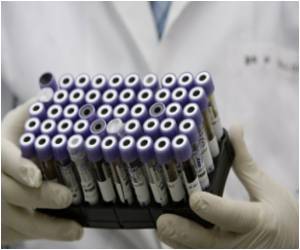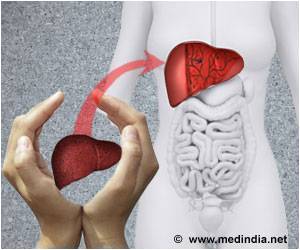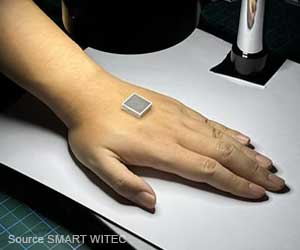To create replacement parts for damaged and failing human organs and tissue, researchers from US are working on 3D bioprinters.

Tim Marler, AMTecH co-director said that electromechanical systems are one of two current branches of the group.
He said that they want to simulate, analyze and test printed circuit boards and assemblies, as they are used in a wide range of products from missiles to power plants to cell phones.
Marler said that the second branch of the group involves biomanufacturing, whose long-term goal to create functioning human organs some five or 10 years from now.
AMTecH co-director Ibrahim Ozbolat, assistant professor of mechanical and industrial engineering, said that using its facilities for engineering living tissue systems, the Biomanufacturing Laboratory at CCAD is working to develop and refine various 3D printing processes required for organ and tissue fabrication.
He said that one of the most promising research activities is bioprinting a glucose-sensitive pancreatic organ which can be grown in a lab and transplanted anywhere inside the body to regulate the glucose level of blood.
While bioprinters at other institutions use one arm with multiple heads to print multiple materials one after the other, the University of Iowa device with multiple arms can print several materials concurrently.
Source-ANI
 MEDINDIA
MEDINDIA




 Email
Email



